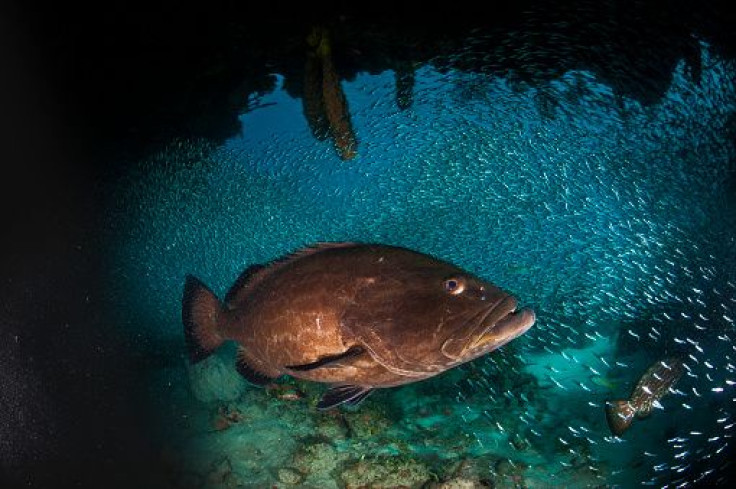US-Cuba Scientific Collaboration And The Donald Trump Factor

A joint U.S.-Cuban marine expedition was successful in uncovering a healthy ecosystem and large schools of mackerel with significant commercial value near Havana, the scientists involved in the mission said Tuesday, according to multiple reports. The mission can be viewed as a positive indication that the deteriorating relations between the U.S. and Cuba may not affect the quest of the two countries for scientific advancement.
The exploration was carried out by a group of scientists, who examined coral reefs aboard a boat that sailed more than 1,400 nautical miles around Cuba, in May and June. In the preliminary findings presented Tuesday, the scientists said the ecosystem found in the island’s coral reefs was surprisingly healthy. They also found an alarmingly high number of lionfish — an invasive species that has become a growing marine menace in the Western Hemisphere, the ABC reported.
Read: Trump’s Cuba Policy Draws Mixed Reactions From Travel Companies And Other Businesses
Scientists said the mission was made possible by the restoration of diplomatic relations between Havana and the Washington two years ago under former President Barack Obama and his Cuban counterpart Raul Castro. The expedition was the result of an agreement signed in 2015 between the U.S. National Oceanic and Atmospheric Administration, the U.S. National Park Service and Cuba's Ministry of Science, Technology and Environment. The 2015 memorandum recognized the mutual interests and challenges of both the countries in improving services for maritime navigation safety to protect marine environment and promote safe maritime activities.
Cuba has established 108 marine protected areas that provide some level of protection to nearly 23 percent of the shallow waters around the island. However, many of them are at a risk due to funding shortages, lack of trained staff, poor enforcement and inefficient management. In the 2015 memorandum, U.S. and Cuba agreed to create partnerships between sanctuaries in the two countries to share data and ideas for conserving these sites.
Trump is expected to rewrite Obama's Cuba policy. He may prohibit a majority of new American transactions with Cuban military-linked businesses, and restrict U.S. travel to the island. However, in the document of National Security Presidential Memorandum on Strengthening the Policy of the United States Toward Cuba signed June 16, the policy of continuing engagement with Cuba in the interest of “advancing the understanding of the United States regarding scientific and environmental challenges” is listed as a key point.
"Environment and science are two issues that everyone can agree on. It's fairly apolitical, and if you look into the Trump National Security Directive, there's a line in there that identifies science and the environment as one area of engagement that will continue,” Dan Whittle of the Environmental Defense Fund was quoted as saying by the ABC.
Read: Can You Still Go To Cuba? Trump To Announce Plans To Tighten Travel
Collaboration between the U.S. and Cuban scientific institutions dates back to the 19th century. At times, however, bureaucratic hurdles and misunderstandings on both sides, and government decisions have blocked good projects and ideas such as importing and exporting equipment, organizing research expeditions and field courses, and collecting and exporting samples.
Earlier, after Trump’s announcement of his new Cuba policy in June, several scientists and biologists from both the countries said joint Cuban-American scientific ventures should reach out to the public with a strong message about preserving shared ocean resources. They also predicted such cooperative ventures will continue despite current President Donald Trump's new policy toward the country.
© Copyright IBTimes 2024. All rights reserved.











